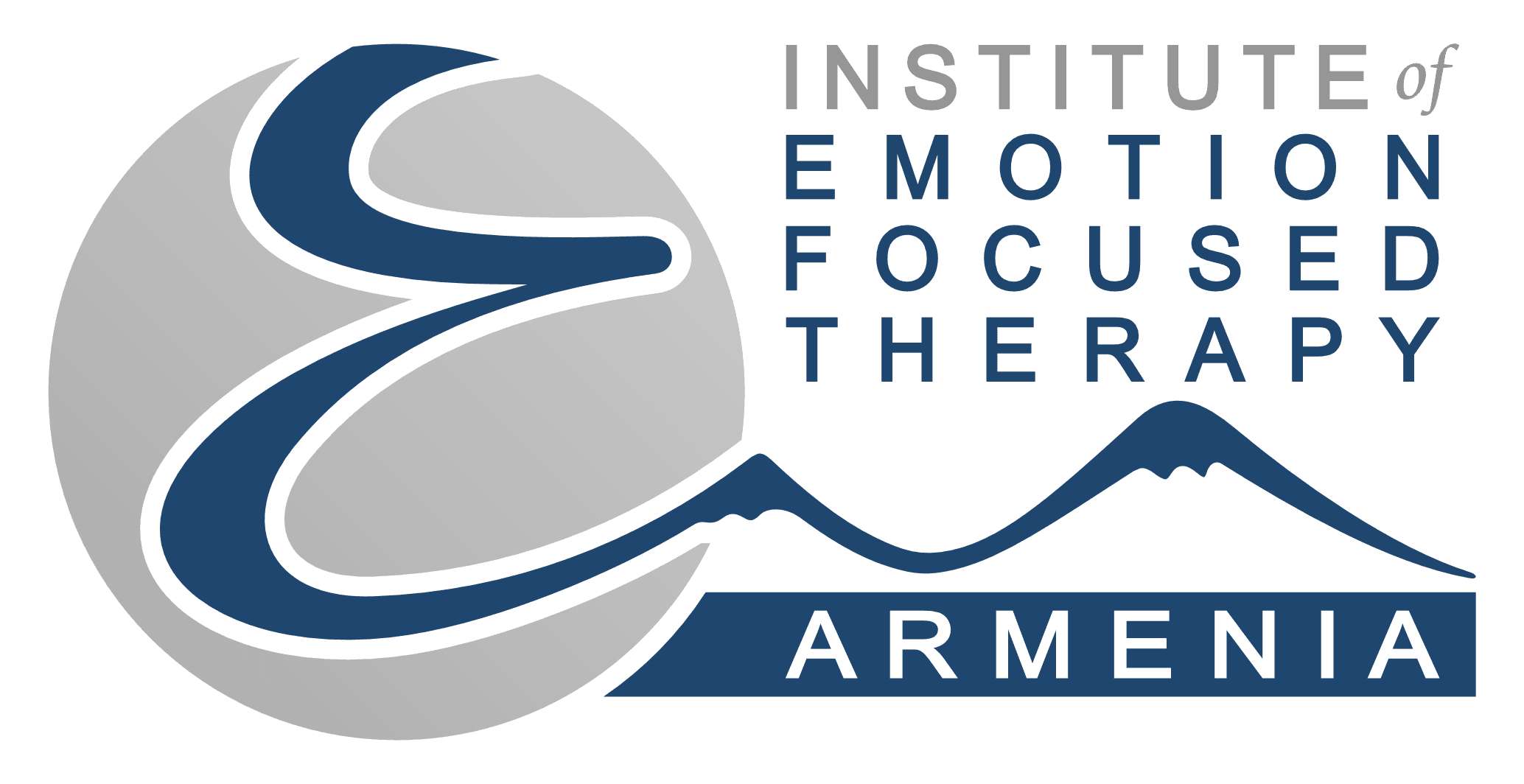
The isEFT Board has created minimum standards for training programs in order for the program to be recognized as an isEFT certified training that meets criteria for training in EFT.
Updated version June, 2024
Will be updated soon in line with Individuals
Version January, 2024
Version January, 2024
EFT-International Society for Emotion-Focused Therapy
Minimum Training Standards for Individual Therapy Training Programs
The isEFT Board has created minimum standards for training programs in order for the program to be recognized as an isEFT certified training that meets criteria for training in EFT for Individuals.
Below are the minimal requirements and may be expanded by institutes depending on their training program of the 5 levels of recognition and also the possibility of certification:
The Process of EFT Certification
Level A: Completion of Basic EFT Training
1. Entry requirement:
Participants must have a professional training in some form of therapy and be an accredited practitioner.
2. Complete didactic/experiential workshop training Levels 1 & 2:
(minimum of 8 days with in vivo small group skills practice) delivered by EFT trainers, covering:
- Empathy/relational skills.
- Emotion theory, emotion change principles and emotional deepening.
- Basic markers/tasks: focusing/clearing a space, systematic evocative unfolding, two-chair dialogues, self-interruption, self-soothing, empty chair dialogues.
- EFT case formulation.
3. Supervision requirement:
Complete with a recognized EFT supervisor either:
- At least 3 days group supervision (with presentation of at least one client for 1 hour)
or - Five hours of individual supervision of own work with at least 2 clients.
Individuals who have completed level A will receive a certificate from the institute where the training was delivered.
Level B: Completion of EFT Supervised Practice
1. Entry requirement:
Completion of Basic EFT Training – Level A
2. Supervision of videos of therapy sessions with a recognized EFT supervisor:
- Accumulate a total of at least 60 hours of direct client contact applying EFT principles and techniques (empathy, deepening, tasks, and case formulation) with a minimum of 2 clients.
- Receive a minimum of 16 hrs of direct supervision with at least 2 cases. Supervision may be in group or individual format. If supervision is received in a group format, there must be 16 hours of personal supervision of your own therapy practice.
- Attendance must be confirmed by the EFT supervisor.
Trainees who have completed level B will receive a certificate from the institute where the training was delivered.
Level C: Certified EFT Therapist
1. Entry requirement:
EFT Level B: Completion of EFT Supervised Practice
2. Evaluation of EFT Therapist Skills:
A. To demonstrate competency therapists, provide 2 videotaped sessions, one of which should include a chair dialogue.
- The sessions will be evaluated by supervisors, selected by the national/regional institutes, on the following criteria:
- Therapist Empathy
- Marker Identification
- Emotional Deepening
- Appropriate use of EFT tasks, such as focusing, reprocessing, enactment/active expression work, alliance/interpersonal/relational work
- Ability to think about clients in EFT terms (case formulation, process identification, marker identification, use of experiential formulation responses)
B. Brief case description, including a competent Case Formulation.
Trainees who have completed level C will receive a certificate from the institute where the training was delivered.
Level D: Certified EFT Supervisor
National/regional institutes and/or EFT-trainers determine who is qualified to provide supervision in EFT. In consultation with the heads and/or trainers of national/regional institutes supervisors of EFT will evaluate level B trainees to determine if they qualify for level C certification.
Supervisors of EFT will be listed on the isEFT website.
The minimum criteria to become an EFT supervisor for those without previous experience as a supervisor:
- Therapists who have attained EFT level C and have practiced for a minimum of three years.
- Attendance of at least 2 masterclasses led by isEFT approved trainers.
- At least one round of shadowing or facilitating for level A (EFT I and II).
- At least 5 hours of direct meta-supervision, in which recordings of at least 3 supervision sessions were reviewed and approved by an EFT Trainer.
Recommendations:
- Attendance at an ISEFT approved Supervision Training Workshop for a minimum of 18 hours.
- Attendance at the bi-annual training meeting organized by the isEFT board.
- Attendance of conferences and masterclasses on a regular basis.
Level E: Certified EFT Trainer
Trainers deliver trainings in Emotion Focused Therapy that are recognized by isEFT.
Normally the heads of EFT-institutes who are EFT-trainers appoint new trainers. In cases where they are not yet trainers but wish to become trainers, they need to be sponsored by the board member(s) affiliated with their institute and appointed by the isEFT board.
Trainers of EFT will be listed on the isEFT website.
EFT-Trainers who receive invitations to deliver isEFT recognized EFT trainings in a region with an existing EFT-institute are expected to share this information with the head of the existing national/regional EFT-institute to determine any conflicts of interest.
Criteria to become an EFT trainer:
- Level D: Certified EFT Supervisor for a minimum of three years.
- Facilitate one EFT Level 1 and one EFT Level 2.
- Deliver two different half-day EFT training modules from EFT level I or II. The delivery of the modules must be observed and assessed by a trainer appointed by the EFT-trainer who is head of the national/regional institute, or a trainer appointed by the board where there is no trainer heading the national/regional institute.
Recommendations:
- Attendance at a minimum of 18 hours of an isEFT Trainer workshop.
- Attendance at the bi-annual trainers’ meeting organized by the isEFT board.
- Ongoing professional development.
We offer both, in-person and online trainings. Contact us for more information.

